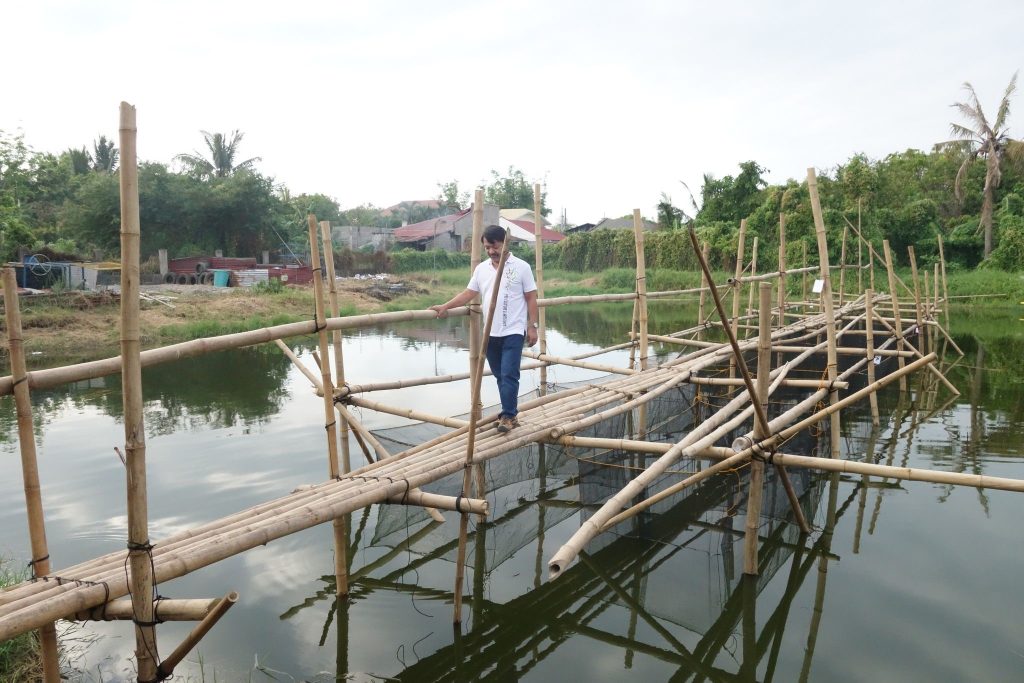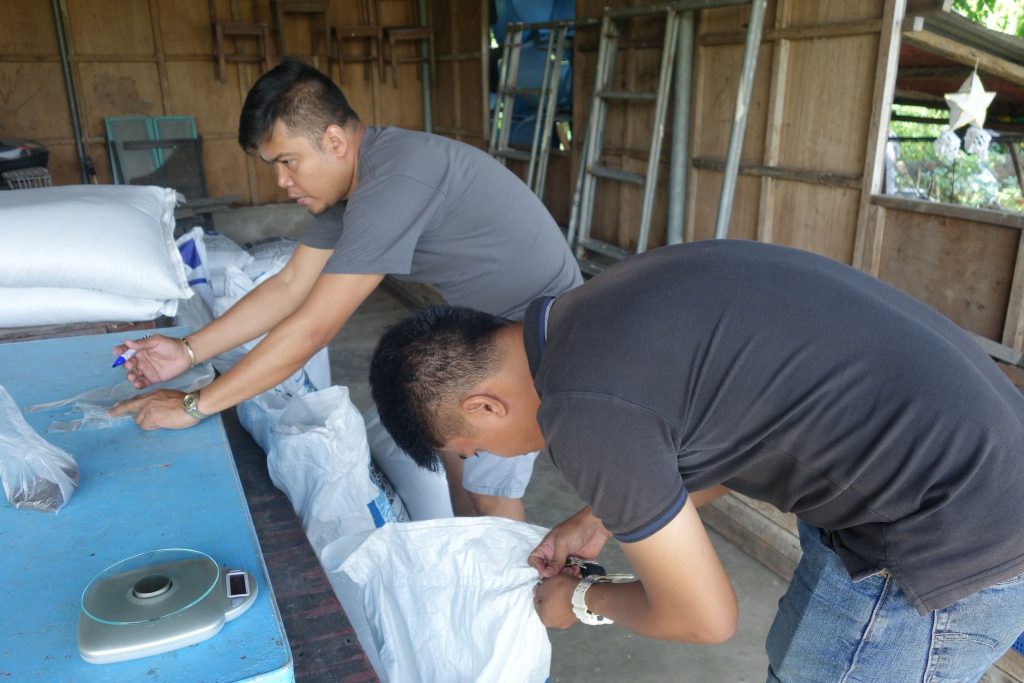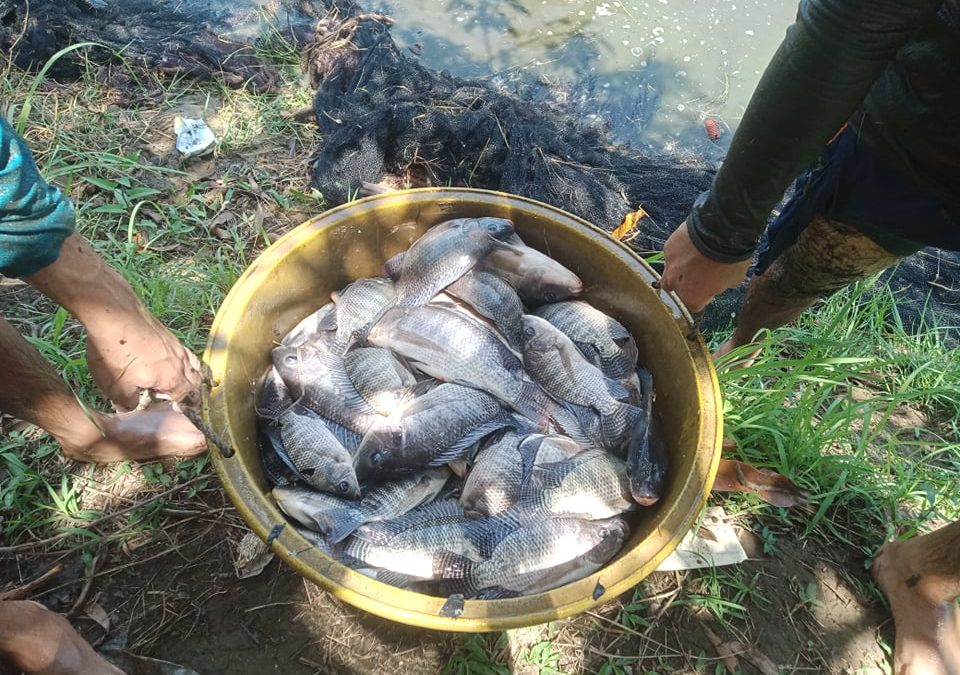Prof. Augusto Serrano of the University of the Philippines in the Visayas collaborated with Dr. Rosie S. Abalos and her team on the inclusion of Rhizoclonium (lumut) in the diet of Nile tilapia cultured in cages set in an earthen pond. The dried seaweed (lumut) meal has a crude protein content of 13.9%-15.6%, and nitrogen-free extract of 28.8-32.2% indicating that it can be a protein and carbohydrate supplement. It has an essential amino index (EAAI) 1.02 for the Nile tilapia indicating that it has a relatively balanced essential amino acid content. It was demonstrated that Rhizoclonium meal in the diet could replace the much expensive soybean meal and resulted in a significantly higher final average body weight than the control diet containing no seaweed supplement and hence, higher profitability. The study entitled “Effects of dietary P:E ratio and Rhizoclonium in two stocking densities on growth and profitability of Nile tilapia in intensive pond culture” was published in Bamidgeh – The Israeli Journal of Aquaculture in 2020.


